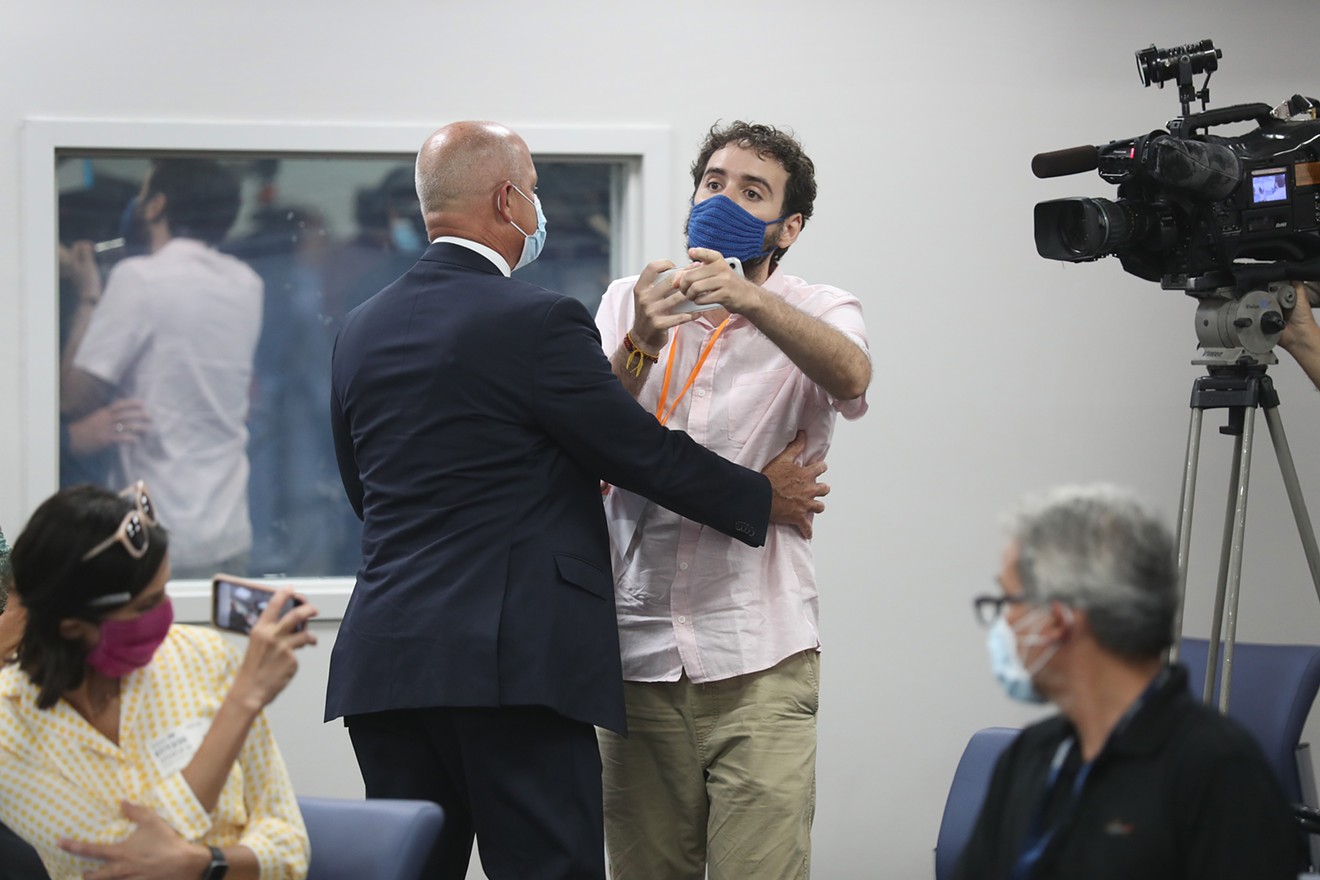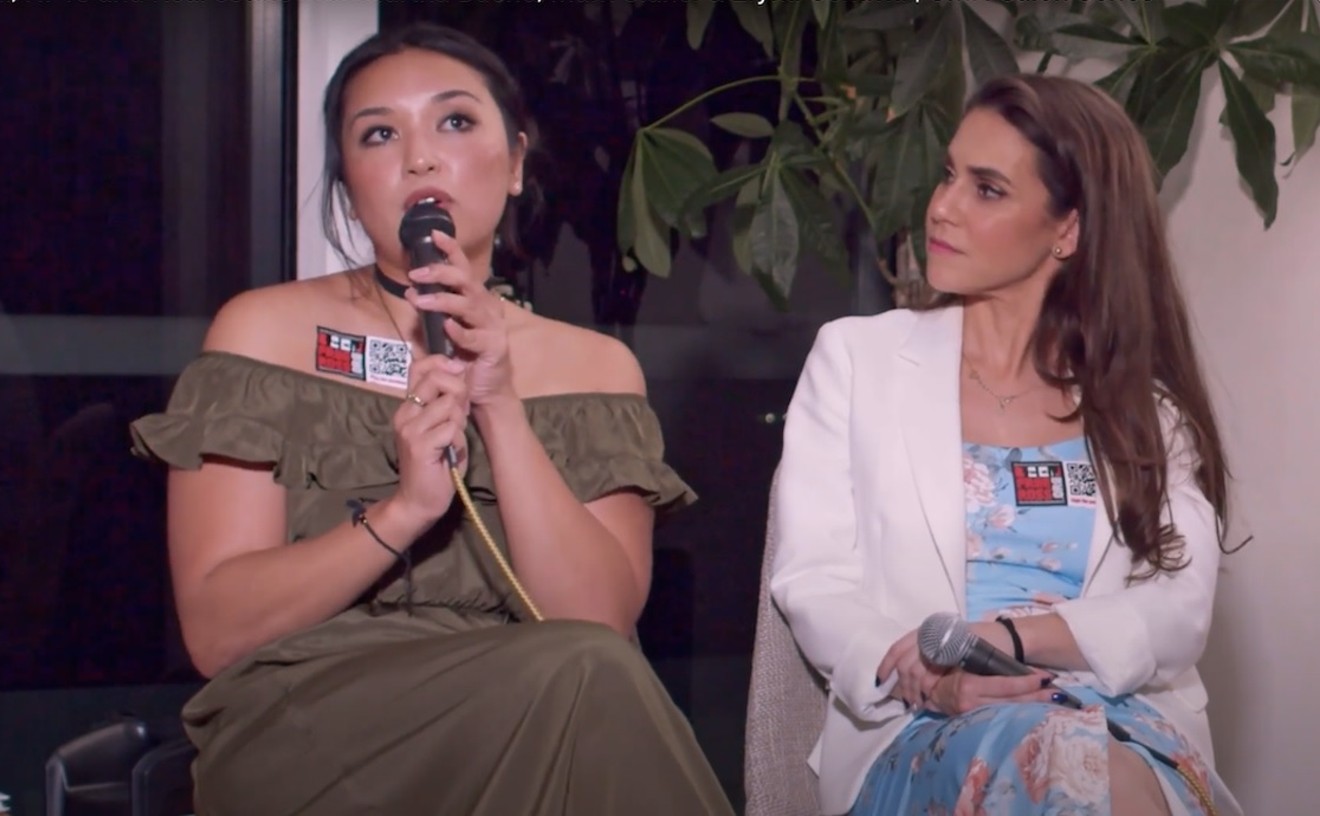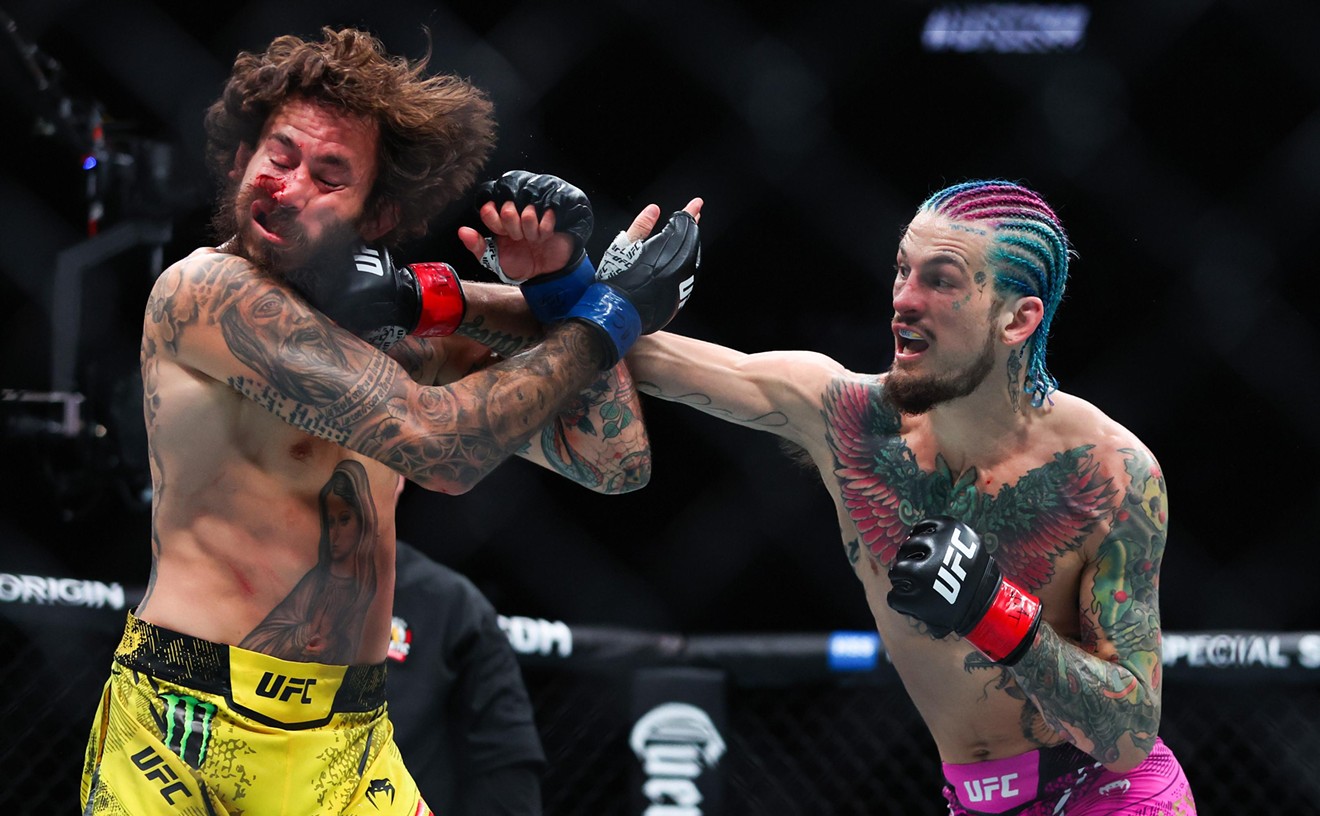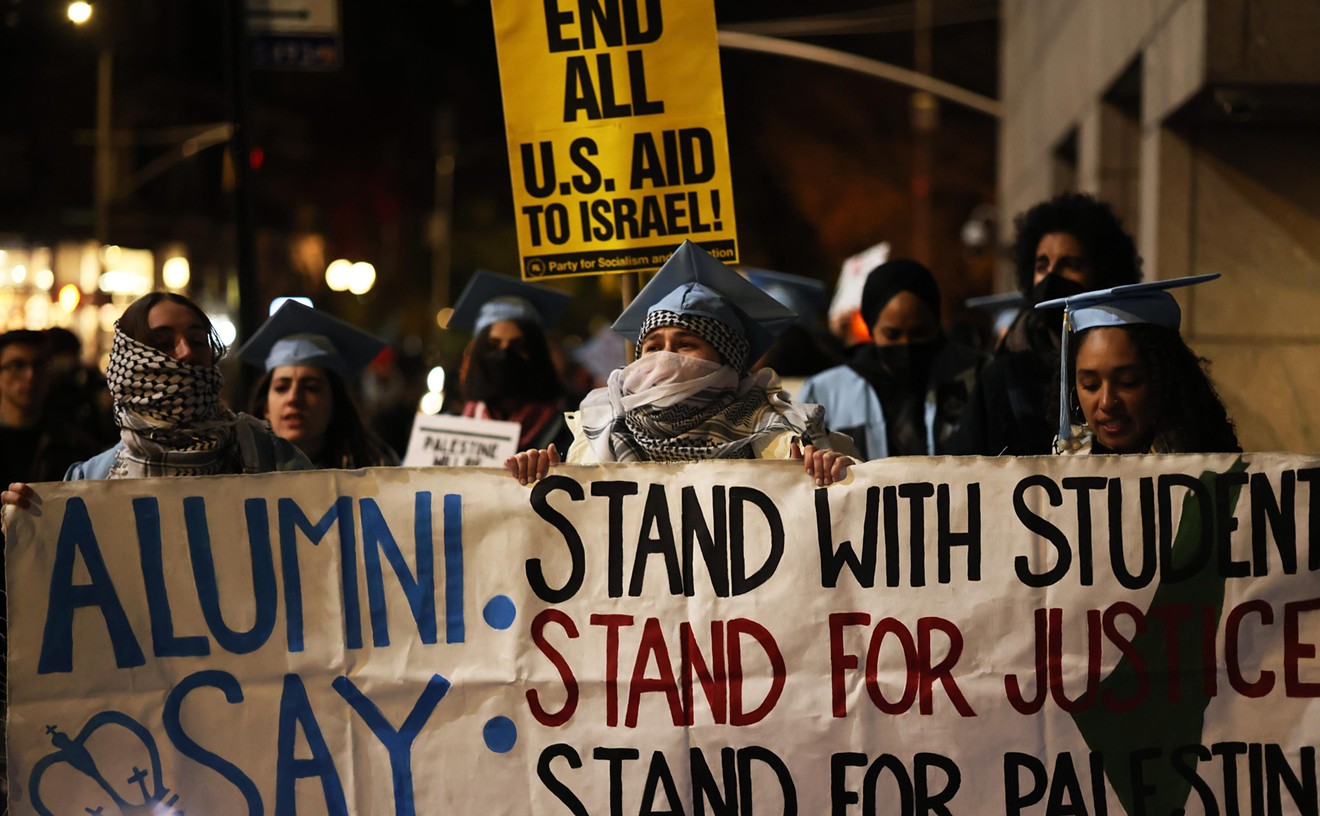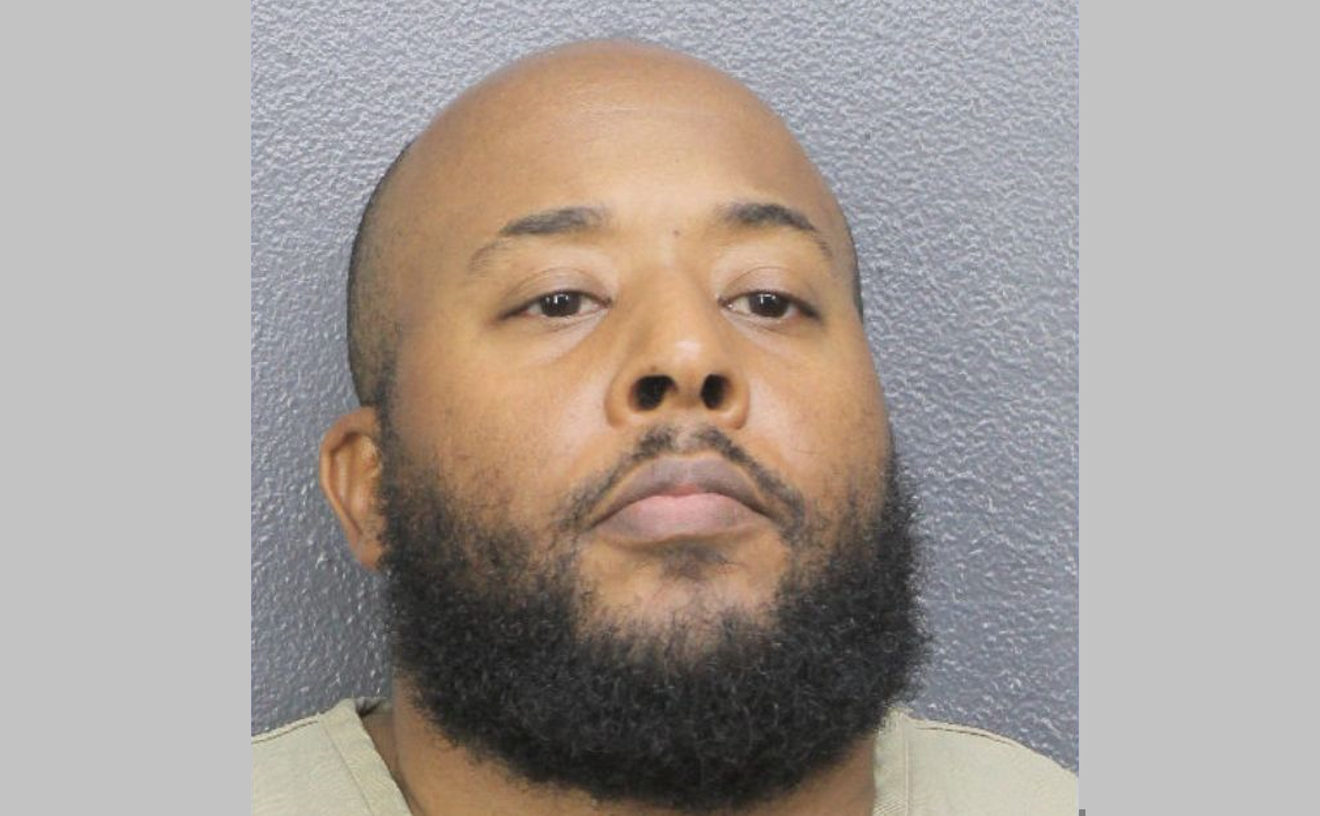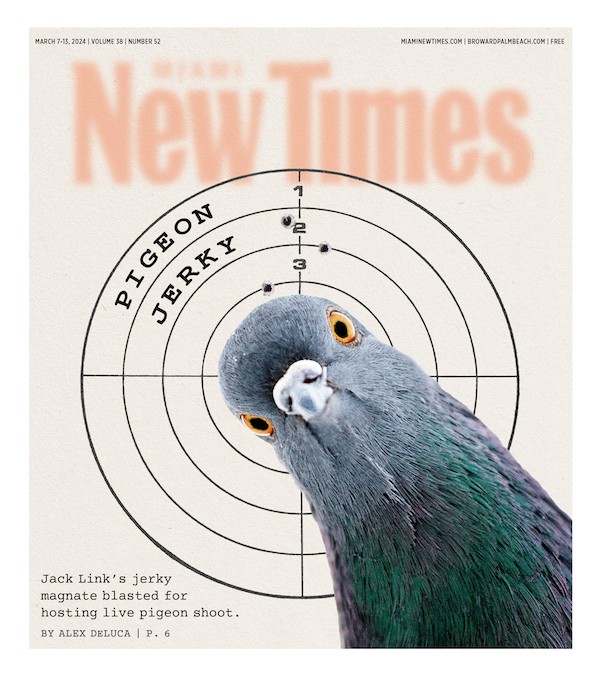Kennedy filed the federal case in June 2022 against DeSantis, the City of Miami, Miami-Dade County, and FDLE Commissioner Mark Glass, saying he sued to "defend free speech and ensure that independent journalists" have access to publicly funded press conferences. He claimed his placement on the FDLE list and the media-conference ban, which was implemented after he loudly criticized DeSantis during a 2020 event, violated his rights to free speech, due process, and equal protection.
"The plaintiff has been searching for answers from the governor on his administration's plan for COVID, and other policy matters, and has repeatedly been prevented from attending events and exercising his First Amendment rights," the lawsuit alleged.
Under the settlement, the governor's office agreed to allow Kennedy to resubscribe to its media advisory e-mail list, from which Kennedy says he was removed and blocked after his lawsuit was filed. The settlement also required the defendants to provide Kennedy with his unredacted "situational awareness" file.
"It's just ridiculous that we spent the year and a half in court just so I can get a document about myself," Kennedy tells New Times. "They had the FDLE lawyers, governor's office lawyers, and they wasted God knows how much of our taxpayer dollars hiring outside lawyers, only to have to come and settle with a scrappy activist and two good lawyers who are interested in government transparency and accountability."
Kennedy says that he is still prohibited from attending DeSantis' governorship-related press conferences under the settlement, but he has leeway to attend DeSantis' presidential campaign events. He was represented by attorneys David Geller and Khurrum Wahid in the lawsuit.
A copy of the situational awareness flyer obtained by New Times notes Kennedy and his "associates" have no history of violence but "conducted direct actions" in the past, including "sleeping dragon" activity where protesters chain themselves together inside PVC pipe so police cannot easily break them up and remove them. The document lists Kennedy's address, personal information, car, and social media. Images of Kennedy and his alleged associates are also included.
Before the settlement, FDLE had urged the court to dismiss the case, claiming the lawsuit sought to enshrine protesters' ability to disrupt media conferences.
"This relief would take the form of an order enjoining FDLE from any effort to provide security which would involve this plaintiff, and to be compelled to permit the plaintiff to continue his efforts to disrupt the decorum of the proceedings to allow him to shout at the governor during press conferences," the motion argued.
"The relief sought is not an injunction against a protected constitutional right, but the right to interrupt a press conference. No such right exists," FDLE argued.
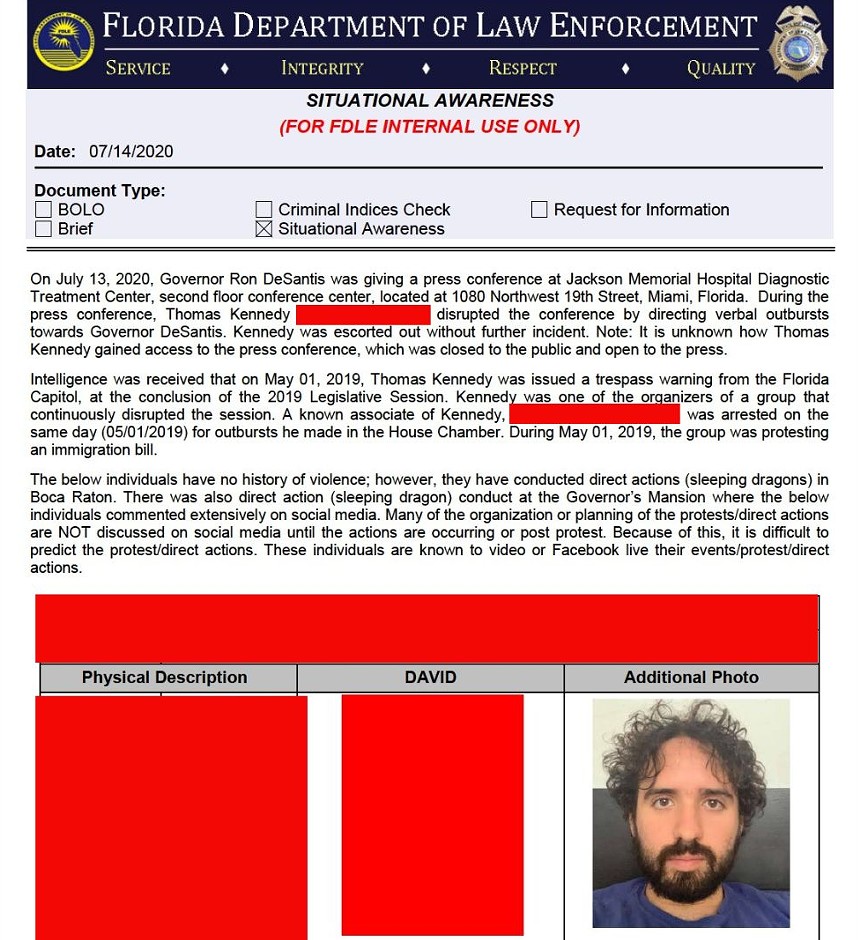
The Florida Department of Law Enforcement's profile on Thomas Kennedy
Screenshot of FDLE "situational awareness flyer"
"Shame on you!" Kennedy shouted. "You are an embarrassment! We're getting record-breaking cases every day, and you are doing nothing."
Five months later, Kennedy, with his press credentials in hand, tried to attend DeSantis' media conference in Broward County, but a security guard told him he was on a restrictive list and could not enter.
In April 2021, Kennedy arrived at PortMiami for another press conference, where DeSantis announced plans to sue the federal government over its COVID-19-related ban on cruise travel. But as soon as Kennedy parked his car, Miami-Dade police officers detained him and prohibited him from attending.
Following the incident, Kennedy and Grant Stern, the executive editor of Occupy Democrats, obtained more than 80 pages of public records that showed FDLE had classified Kennedy as a "known agitator" and notified police about him ahead of the PortMiami press conference. Kennedy said the records also indicated that since July 2020, the department had been tracking his social media, address, car, and his so-called associates.
At a press event at a National Guard base in Miami in July of 2021, Kennedy said, he saw Miami police officers and military officers reviewing FDLE documents with his face and personal information along with images of the "known associates."
As outlined in his lawsuit, Kennedy describes himself as a journalist who has written for publications for Occupy Democrats and Latino Rebels. He does not conceal his political leanings and maintains that advocacy-driven journalists should have access to politicians' press events.
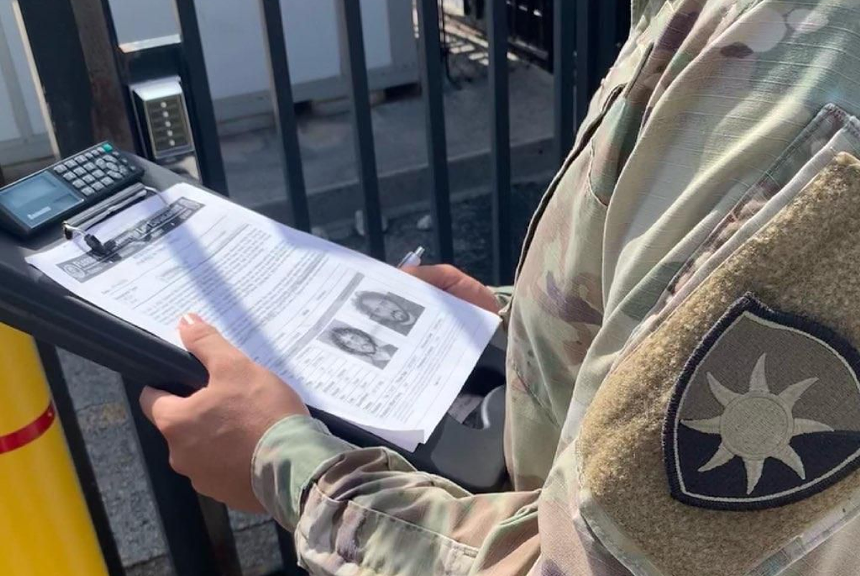
Thomas Kennedy says a military officer was reviewing a "situational awareness" flyer on him prior to a press conference held by Gov. Ron DeSantis in 2021.
Photo by Thomas Kennedy
Though he initially sought declaratory and injunctive relief, Kennedy tells New Times he proposed a settlement agreement with three points: that he could attend the governor's press conferences, resubscribe to the governor's office media advisory email list, and receive the unredacted version of his "situational awareness" file.
"At the end of the day, we couldn't get everything we wanted, but we had to come and make them settle. I'm happy with it," Kennedy says.

